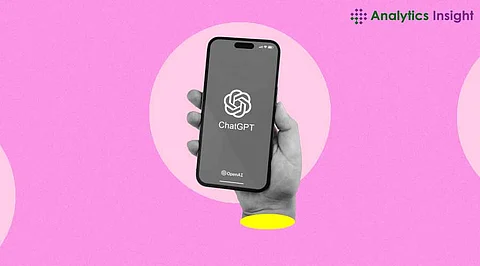

The digital landscape has changed dramatically. Where we once sought only information, we now look for interaction. ChatGPT, a powerful language model, has quickly evolved into more than just a tool; it provides conversation, assistance, and a sense of understanding. This easy access and the nature of its responses raise certain concerns. Could this digital companion become a source of dependency? This article examines the factors that contribute to ChatGPT's potential to foster addictive behaviors, moving beyond mere utility to a more complex relationship between humans and machines.
One key aspect of ChatGPT's appeal lies in its ability to tailor responses. It remembers past conversations, offering a sense of continuity. This creates a feeling of being known, a familiarity that can be comforting. It avoids harsh or dismissive language, crafting replies that feel considerate. This consistent, positive reinforcement aligns with how humans often seek validation. When someone feels understood and supported, they are more likely to return for further interaction. In simple terms, it's nice to have something that pays good attention to you, and seems to remember things you have said. This feeling is naturally addictive to many people. Also, it can provide very productive results, adding to a positive cycle of use.
Humans are social beings. Who craves connection? ChatGPT can simulate this connection. It can engage in conversation, offering responses that mimic human dialogue. This can create a sense of relationship, even if that relationship is one-sided. We can get used to consistent replies and feel like they come from a companion. It is also very easy to get support and answers from ChatGPT. Real human interaction can be complex or even dangerous. ChatGPT's simplicity could become more and more appealing compared to the messiness of real human interaction.
ChatGPT is a powerful tool for boosting productivity. It can assist with writing, research, and other tasks. This efficiency can be very rewarding. The instant gratification of quick, high-quality results can drive repeated use. However, this ease can also lead to over-reliance. When tasks become effortless, we may depend on the tool to an unhealthy extent. Also, the feelings of achievement that are produced, by producing large amounts of work, with the aid of the AI, can become very addictive. Similar to workaholism, the lines between normal work, and obsessive work, become blurred.
ChatGPT provides information and suggestions on a wide range of topics. Because it is often accurate, users can start to trust it more over time. However, if someone frequently seeks opinions from ChatGPT, their own ability to think and make decisions may weaken. Just like a muscle, humans need to exercise their cognitive abilities. When cognitive effort is no longer required because AI does the thinking, those skills can deteriorate over time.
ChatGPT offers numerous benefits as a powerful tool for communication and productivity. However, we should not overlook its potential to foster dependency. The blend of personalized responses, simulated connections, and efficiency can create a compelling dynamic. As we incorporate these technologies into our lives, it is essential to remain aware of their potential impact. We must strive to use these tools responsibly, balancing their advantages with the need to preserve healthy human interaction and independent thought.
